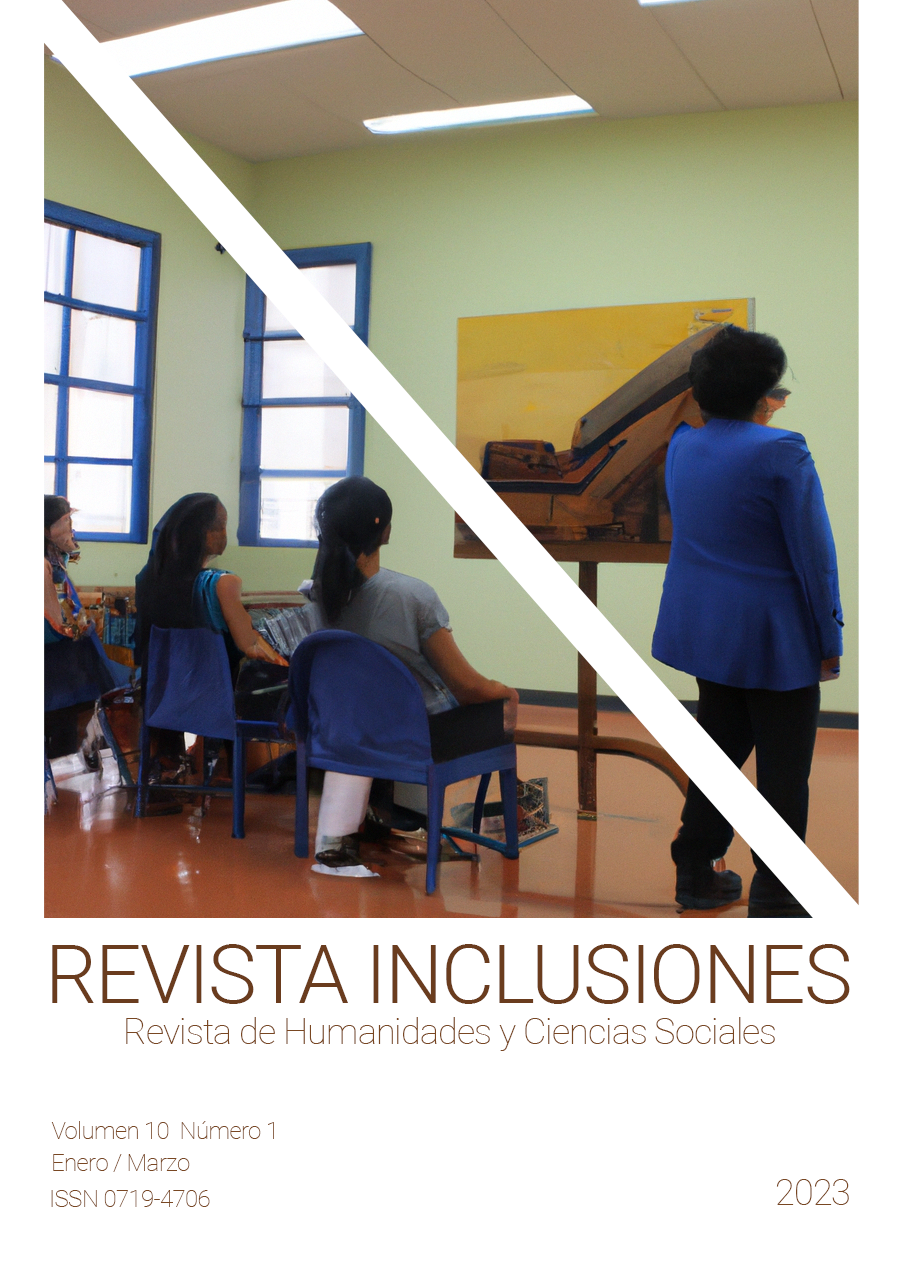ELECTRONIC NOTARIAL ACTS AS A WAY TO ACCESS JUSTICE:
ANALYSIS OF CNJ PROVISION 100 AND ITS ALTERNATIVES AS A WAY TO GUARANTEE A UNIVERSAL EXERCISE
DOI:
https://doi.org/10.58210/fprc3441Keywords:
Fundamental rights, Registry Offices, Capillarity, Notarial and Registry Law, e-NotaryAbstract
The present work conceptualizes and deals with access to justice, notary and registry services, electronic means and Provision 100 of the CNJ. In order to reach the objective of analyzing the number of electronic acts performed, as well as denoting, in compliance with the paradigms studied, whether the inclusion of electronic notarial acts would be an adequate functionality to guarantee access to justice for those who have this possibility? For those who do not, what can be done to facilitate universal access? The research methodology will be the hermeneutic-dialectic method, with bibliographical and documentary research, based on qualitative analysis of data from the ANOREG “notary in numbers” report, for the year 2021
Downloads
Published
How to Cite
Issue
Section
License
Copyright (c) 2023 Matheus Cerazi Sartori Sartori, Lídia Maria Ribas

This work is licensed under a Creative Commons Attribution 4.0 International License.
Los autores retienen los derechos de autor y otorgan a Revista Inclusiones el derecho de publicación bajo Creative Commons Attribution 4.0 International (CC BY 4.0). Esto permite el uso, distribución y reproducción en cualquier medio, siempre que se otorgue la debida atribución al autor.











